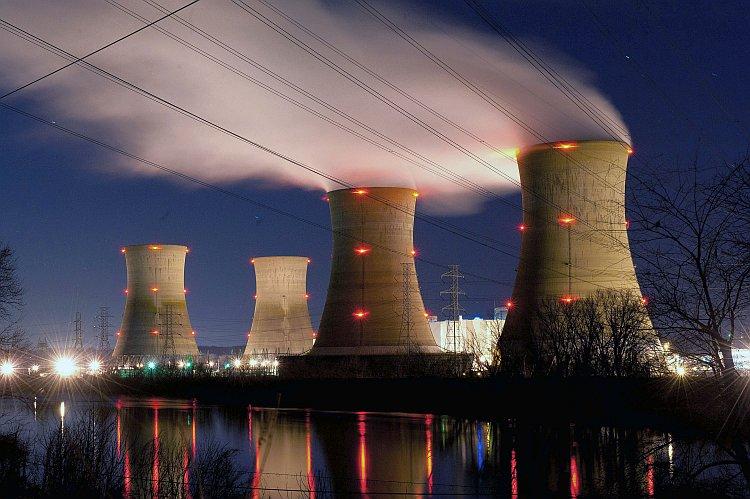No academic curriculum can adequately replicate actual combat experience in preparing for the proverbial “fog of war,” but an ash-leaden haze of eye-stinging, lung-clogging smoke could offer a good and sooty semblance of battlefield murk.
That must have been the National Defense University’s (NDU) thinking when it refused to move its June 8 graduation ceremony indoors despite Washington being encased in a smothering smog from raging wildfires in Quebec, surmised keynote speaker U.S. Army Gen. and Chairman of the Joint Chiefs of Staff Mark Milley.





